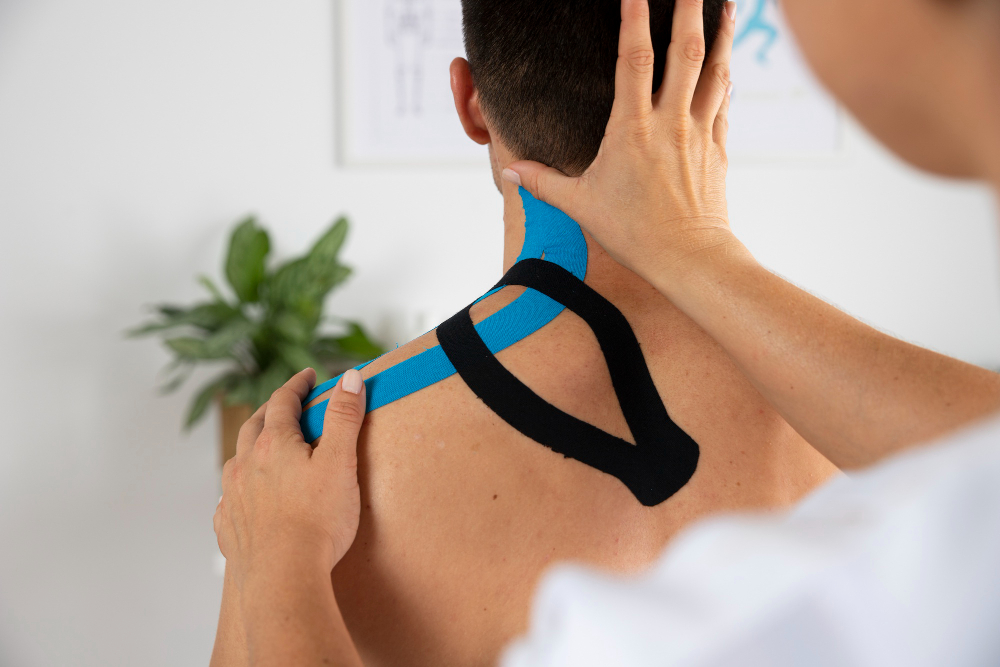
Shoulder replacement surgery, also known as arthroplasty, involves replacing the damaged parts of the shoulder joint with artificial components, designed to help reduce pain and improve mobility. While the prospect of returning to a pain-free life is inviting, the recovery process is a critical phase for achieving those goals. Here, we'll discuss how you can ensure a fast and effective recovery post-shoulder replacement surgery, particularly if you are seeking an orthopedic surgeon in Altamonte Springs, FL.
Preparing for the Surgery Date
Preparation begins well before the surgery day. You'll want to:
- Learn About the Procedure: Gain a thorough understanding of the surgery and what it involves.
- Talk to Your Doctor: Discuss your expectations and concerns with your orthopedic surgeon in Altamonte Springs, FL.
- Arrange for Support: Plan for someone to assist you after surgery. This could include help with daily activities, transportation, and emotional support.
- Adhere to Pre-Surgical Instructions: Any pre-surgery protocols, such as fasting or stopping certain medications, should be strictly followed.
- Prepare Your Home: Make your living space safe and comfortable for your return from surgery. This can include clearing pathways, adjusting furniture for better access, and preparing your bedroom or living area for your immediate post-operative needs.
Post-Operative Care in the Hospital
The immediate days following surgery are crucial for managing pain, beginning rehabilitation, and preventing complications. To ensure a smooth hospital stay:
- Control Pain: Follow your healthcare provider's instructions for medications and pain management techniques.
- Begin Rehabilitation: Physical therapy often starts the day after surgery. Your physical therapist will show you exercises to do on your own and with assistance.
- Closely Monitor Your Incision: Keep your incision area clean and dry. Notify the medical staff of any signs of infection, such as redness, swelling, or drainage from the wound.
- Manage Clothing and Dressing: Adapt your wardrobe to accommodate the temporary sling or immobilizer you will be wearing.
- Adhere to Hospital Policies: This encompasses all the dietary and activity restrictions, as well as following instructions on when to call the nursing staff.
Navigating the Weeks Post-Surgery
Upon returning home, the focus shifts to comfort and adherence to rehabilitation protocols:
- Medication Compliance: Stay on top of your prescribed medications to manage pain and avoid overexertion.
- Move Carefully: Avoid heavy lifting and sudden movements that could damage your shoulder.
- Monitor Physical Changes: Keep an eye on changes in temperature, swelling, or discoloration of the surgical area.
- Stay Active: Continue your recommended exercises to the best of your ability to maintain and improve shoulder mobility.
- Physical Therapy Continuity: Attend physical therapy sessions and practice the recommended exercises between visits for consistency of care.
- Nutrition and Hydration: Good nutrition and hydration are essential for healing. Your body needs energy and nutrients to repair tissues.
Ensuring Successful Long-Term Results
Your recovery process directly influences the long-term success of your shoulder replacement surgery. Strategies for lasting results include:
- Patience with Healing: Remember that recovery is a gradual process. Listen to your body and don't rush your progress.
- Prioritize Good Posture and Technique: Maintain proper posture and lift objects correctly to prevent strain or injury.
- Keep In Touch with Your Orthopedic Surgeon: Attend your follow-up appointments, and discuss any concerns or challenges you're facing in your recovery.
- Consider Assistive Devices: Devices such as reachers or dressing sticks can make daily tasks easier.
- Support Group Participation: Sharing your experience with others who have gone through similar surgeries can provide emotional support and practical advice.
By integrating these tips into your recovery plan, you can significantly increase the odds of a fast and successful rehabilitation. Always consult with your healthcare provider or orthopedic surgeon in Altamonte Springs, FL, for guidance tailored to your individual needs. Remember, recovery is a team effort – and with proper care and patience, your shoulder replacement surgery can lead to a more mobile and pain-free life. If you're looking for an orthopedic surgeon in Altamonte Springs, FL, contact Central Florida Bone & Joint Institute today for more information.